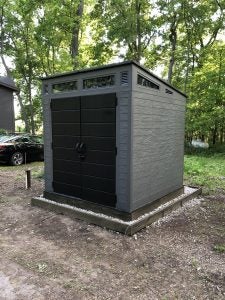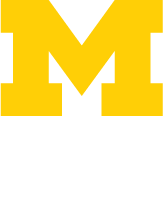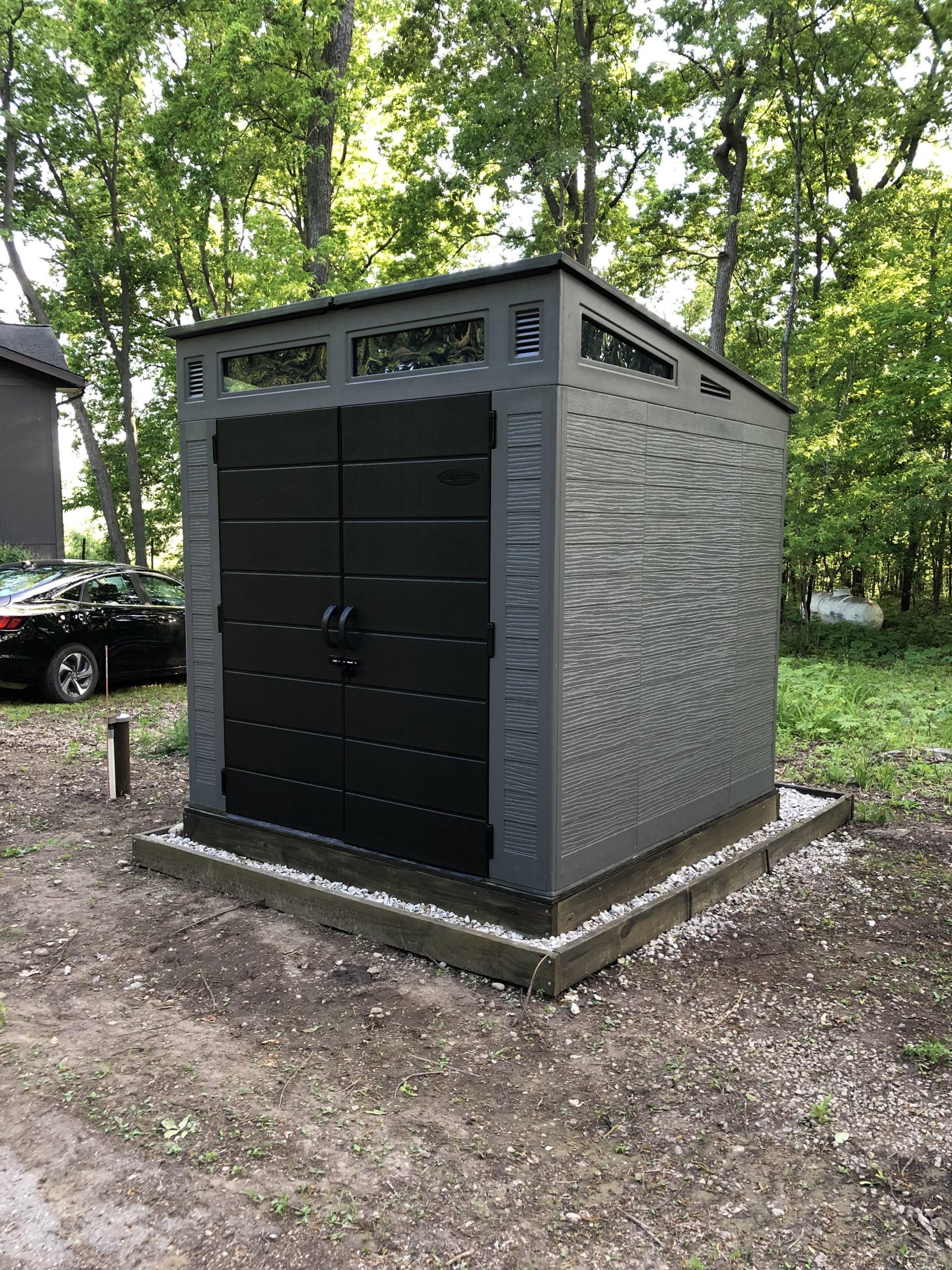
by Scott Martin, Biological Sciences Librarian, University of Michigan Library
Happy almost-solstice, everyone! Hopefully you’re enjoying the wonderfully unpredictable variability of temperature and humidity that summer in Michigan brings. I’ve been enjoying the posts from colleagues about the Brood X emergence in the area; we are cicada-free out here on the Washtenaw/Jackson County border, but it’s Absurdly Large Fly Season in our neighborhood, so entomological annoyances abound.
[Photo caption: Don’t get too excited – I didn’t build it from scratch. Image: Scott Martin]
(There are less-obnoxious fauna as well: we have thriving dragonfly and butterfly populations here, and I encounter an occasional snake sunning on one of the dirt roads or escaping my feeble attempts at yard maintenance.) Our garden expansion continues: we put up a small shed (pictured) over Memorial Day weekend, and a decorative gate awaits assembly in the garage. Also, the peas have started to come in, which is always my favorite part of the growing season. Well-chilled home-grown pea pods are a terrific snack on a hot summer’s day!
During a break from my unskilled manual labor, I recently spent a couple of days on Zoom attending the 5th annual Digital Data in Biodiversity Research conference hosted by iDigBio. I’ve attended a couple of the previous in-person events (the inaugural conference in Ann Arbor, and the 2019 edition at Yale) and found them to be a great way to get a snapshot of the current state-of-the-art in the research space that combines museum collections and biodiversity field research with data infrastructure and computational techniques. I don’t pretend to fully grasp all of the science – it’s been a long time since I was an active researcher, and it wasn’t in this area – but I’m fascinated by the possibilities that at-scale digitization and the “extended specimen” open up in terms of questions that can be asked. Recordings of many of this year’s talks are available at the link above; I particularly enjoyed Alina Zare’s Day One presentation on techniques for overcoming labeling bottlenecks in building machine learning models, the Day Two discussion section on zoos as an untapped resource, and the session on leveraging AI to extend specimen networks on Day Three. Next year’s conference is scheduled to be (at least partially) in-person at the Field Museum in Chicago, and hopefully I’ll be there!
Library plans for the fall semester are still being formulated, but I expect to be back on campus more-or-less full-time if current trends continue. I’d like to be able to give my orientation to the incoming grad student cohort in person, rather than as a Canvas course, if at all possible; I feel bad that last year’s cohort didn’t get the benefit of my usual “welcome to Ann Arbor” Ask Me Anything session. Maybe I’ll hold an open AMA meetup at BSB in September. Maybe I’ll even bake treats. Stay tuned! In the meantime, let me know if I can help out with your research, teaching or other information-related needs! My email, Twitter handle and Zoom office hour info can all be found on my library profile page.


